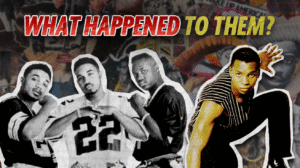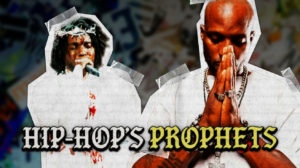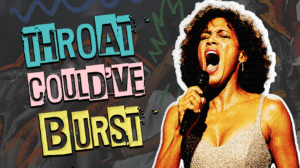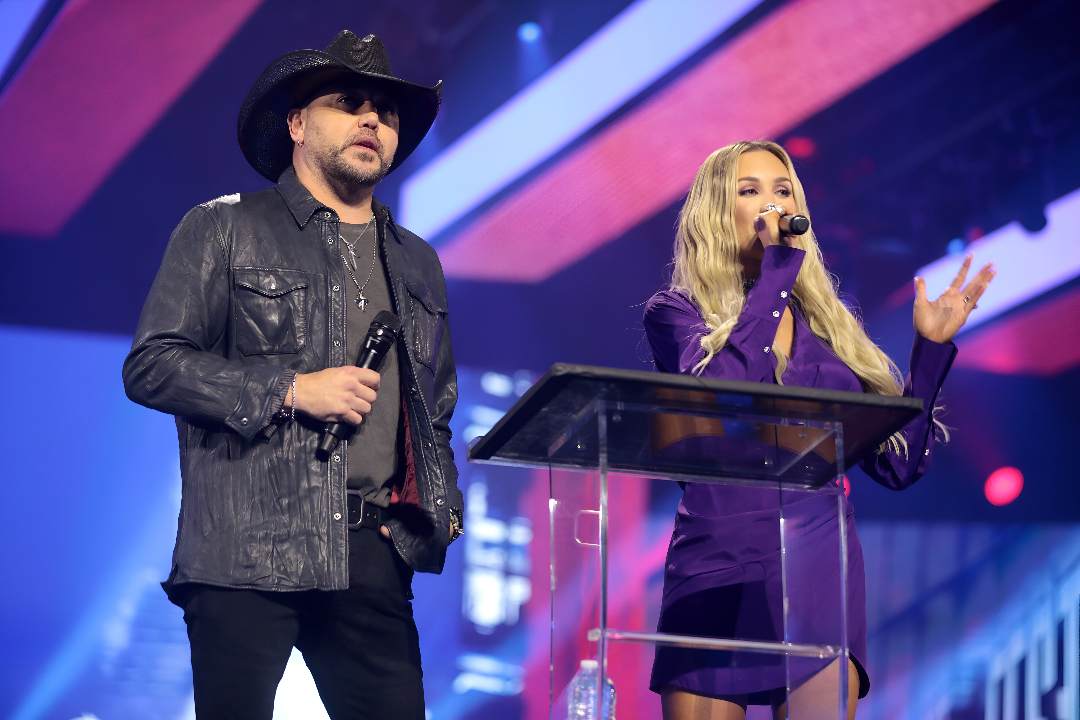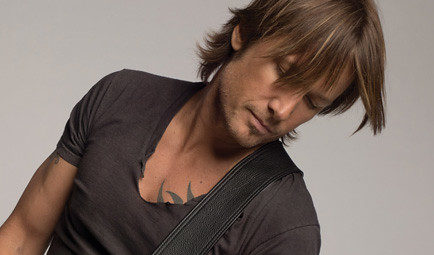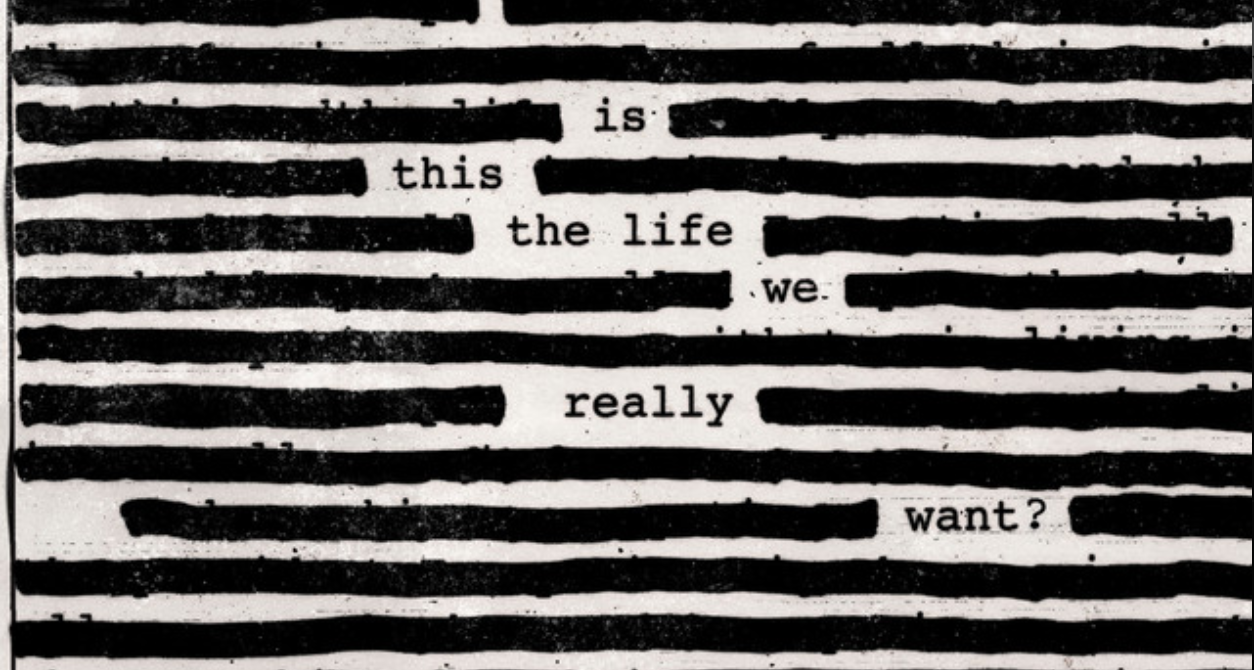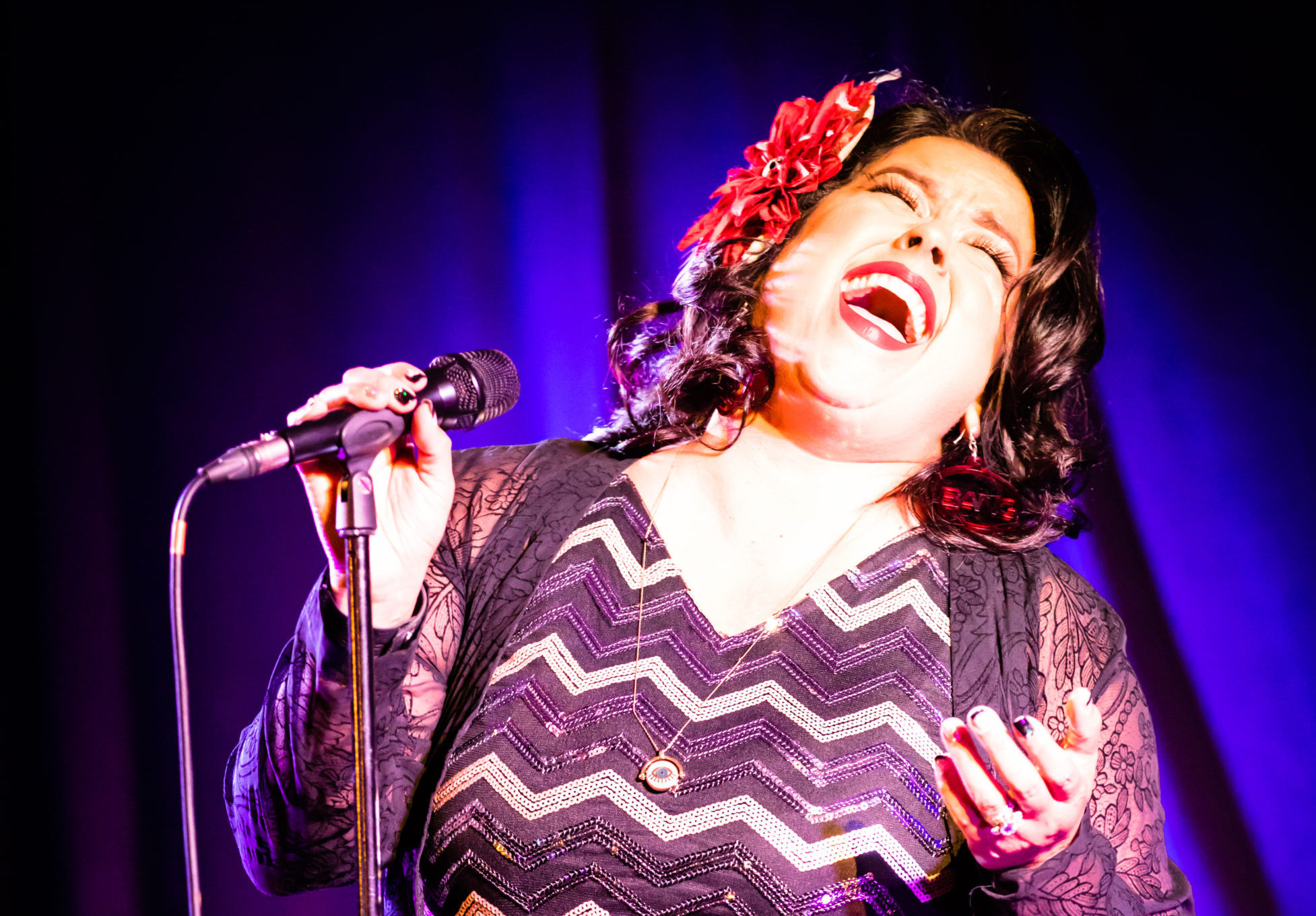
The music industry’s response to Sean “Diddy” Combs‘s legal troubles—including the ongoing Diddy racketeering trial—reveals as much about power dynamics as any chart position ever could. When allegations surfaced, Hollywood’s reaction wasn’t unified—it fractured along lines of loyalty, self-preservation, and moral conviction. Some celebrities doubled down on decades-old friendships while others performed spectacular backflips away from their former party host. You’re witnessing a masterclass in crisis management where silence screams louder than statements. The ongoing legal proceedings have captivated the music industry, with the latest Diddy racketeering trial updates revealing new details about the prosecution’s case and the defense’s strategy.
9. Ray J: The Opinion Flipper

Evolution from condemning Diddy to calling for his release illustrates how celebrity opinions shift with public sentiment and new information. Initially demanding Diddy be “publicly whipped,” Ray J later questioned freekoff party narratives on NewsNation, signaling a softening stance that surprised many observers.
Ray J’s evolving perspective was highlighted in a recent interview, where he openly questioned the allegations and called for unity, as detailed in coverage of how Ray J backtracks on Diddy. The journey invites questions about the burden of proof and whether initial reactions based on headlines serve justice or simply feed public appetite for celebrity drama.
8. Boosie Badazz: The Minimizer
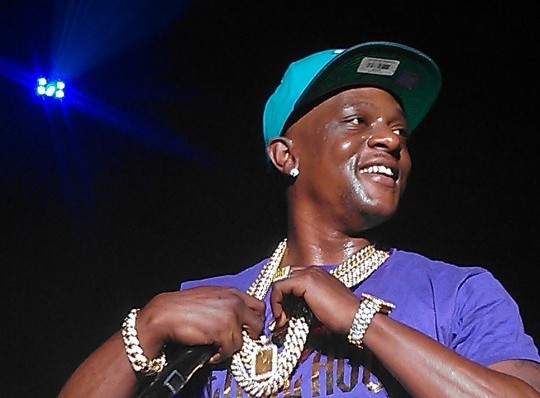
Classifying the case as domestic violence rather than sex trafficking revealed Boosie‘s belief that allegations were being overblown. He suggested Ventura “enjoyed” the parties and gifts, implying voluntary participation that undermined trafficking claims. This reasoning reflected broader skepticism about victim agency in complex relationships.
Racial solidarity became his primary argument—expressing dislike for seeing “a black man brought down”—prioritizing group loyalty over individual accountability. The position minimized gravity of accusations while expressing community solidarity regardless of evidence. Boosie’s public comments have sparked investigations and widespread criticism, as seen when Boosie Badazz under investigation made headlines for his remarks about parental responsibility and consent.
7. Uncle Luke: The Conspiracy Theorist
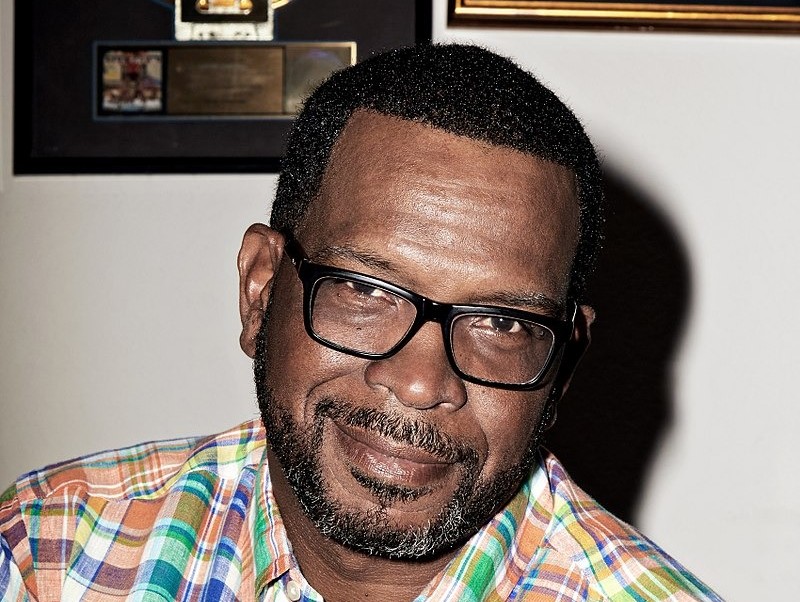
Suggesting allegations were corporate retaliation for Diddy’s lawsuit against Diageo added a business angle to the controversy. Luke’s theory painted Combs as a victim of racial discrimination who “bit the hand that fed him” by challenging a powerful corporation’s treatment of his vodka and tequila brands.
This perspective reflects how some viewed the timing as suspiciously convenient for Diageo’s legal interests. Framing allegations as calculated character assassination rather than justice, Luke suggested Corporate America was silencing a vocal critic. The conspiracy narrative found traction among those who see systemic bias in how successful Black entrepreneurs face scrutiny.
6. Kanye West: The Unwavering Ally
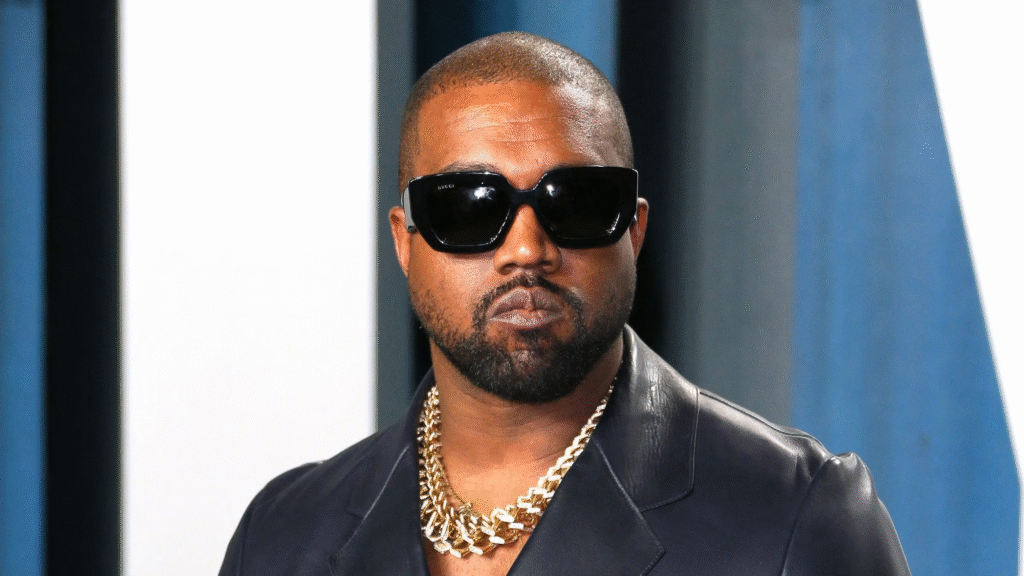
Consistent support for Diddy remained even during West‘s own antisemitism controversies, demonstrating loyalty that transcends public opinion. The “Free Puff” tweet following federal raids signaled continued backing when others distanced themselves. This support reflects patterns of supporting friends regardless of public sentiment or personal cost.
Reports of contacting Diddy in custody and potentially involving Donald Trump. This suggests intervention rather than passive support; notably. Willingness to leverage political connections demonstrates commitment that goes beyond social media statements. Kanye West’s steadfast support was underscored when news broke that he appeared on the official Kanye West on Diddy witness list for the ongoing trial, highlighting the interconnectedness of celebrity and legal drama
5. Dr. Umar Johnson: The Racial Double Standard Advocate
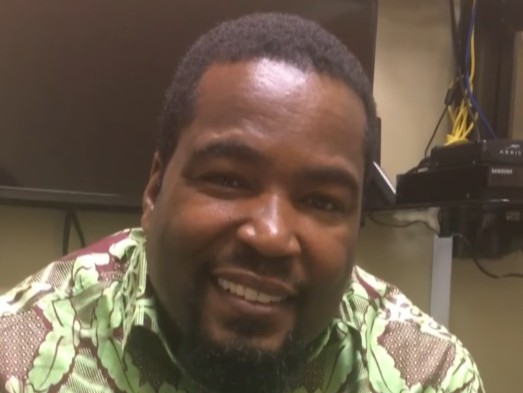
Defense centered on perceived racial disparities in how similar allegations are handled. Johnson compared Diddy’s “freek off parties” to Hugh Hefner‘s gatherings, questioning why one faced federal charges while the other became a cultural icon. The argument highlighted systemic biases within the legal system and media coverage.
Predicting eventual exoneration, Johnson believed racial prejudice would cloud fair assessment of the facts. He emphasized how Black men in entertainment face different standards than their white counterparts. This perspective resonated with audiences who see patterns of disproportionate scrutiny, though critics argued it minimized legitimate concerns about alleged victims.
4. Tyrese Gibson: The Silent Retreater

An Instagram tribute praising Diddy’s “legendary parties” and expressing love lasted exactly as long as it took public backlash to register. The post, which Gibson framed as saying what others feared to voice, demonstrated misreading of public sentiment during a crisis. The tribute felt tone-deaf given the serious nature of allegations.
Swift deletion without explanation spoke louder than the original post. Gibson’s retreat into silence after removing his support created a lasting impression about celebrity accountability and consequence management. Fleeting support followed by erasure serves as a cautionary tale about public statements during legal controversies, showing how quickly celebrity loyalty can become liability.
3. Floyd Mayweather Jr.: The Controversial Defender

Throwing punches at public opinion when he refused to condemn Diddy, Mayweather called the allegations mere “mistakes.” The boxing champion’s stance felt tone-deaf in an era where accountability matters more than loyalty. Comments about judging other men landed like a poorly timed uppercut, drawing criticism from figures like 50 Cent who weren’t buying the brotherhood defense.
Controversy deepened when Mayweather made remarks about his own daughter that many interpreted as victim-blaming. This wasn’t strategic silence—it was an active choice to minimize serious allegations. The position highlighted how celebrity circles sometimes prioritize loyalty over justice, ultimately damaging his public image faster than any opponent ever could.
2. Faizon Love: The Legal Skeptic
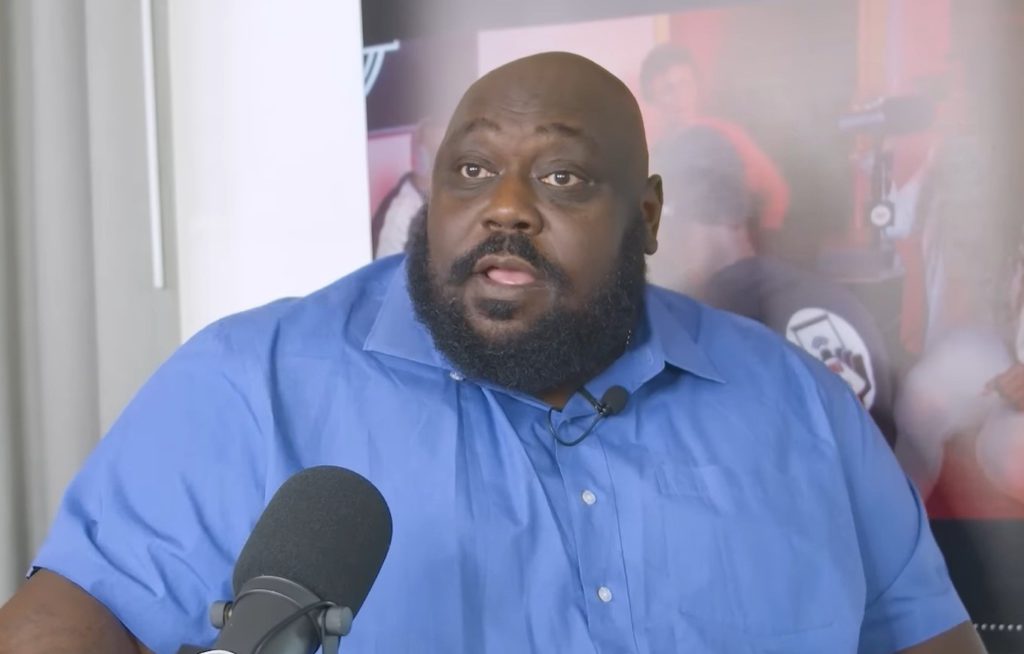
Approaching allegations with legal precision, Love supported punishment for the documented Cassie assault while questioning whether other accusations constituted federal crimes. A social media question—”When has being nasty been a federal crime?”—sparked debate about moral failings versus criminal behavior after authorities seized personal items.
Drawing parallels to boxer Jack Johnson’s historically racially motivated prosecution, Love suggested caution in federal cases involving successful Black men. The position advocates for differentiating between personal conduct and criminal activity. This legalistic approach found support among those who see potential overreach while drawing criticism from those prioritizing alleged victim experiences over legal technicalities.
1. Slim Thug: The Course Corrector

A journey from skeptic to supporter of Cassie Ventura demonstrates how evidence can change minds. Initially dismissing her lawsuit as financial opportunism, Slim Thug suggested she was motivated by being cut off from Combs’s wealth. Early reactions reflected cynicism about celebrity relationships and money-driven accusations.
Hotel surveillance footage changed everything. Seeing documented violence forced him to publicly apologize to Ventura and acknowledge his mistake. This transformation highlighted the importance of withholding judgment until facts emerge, especially in abuse cases where victims often face initial disbelief. Honest admission of error became more powerful than the original dismissal.




